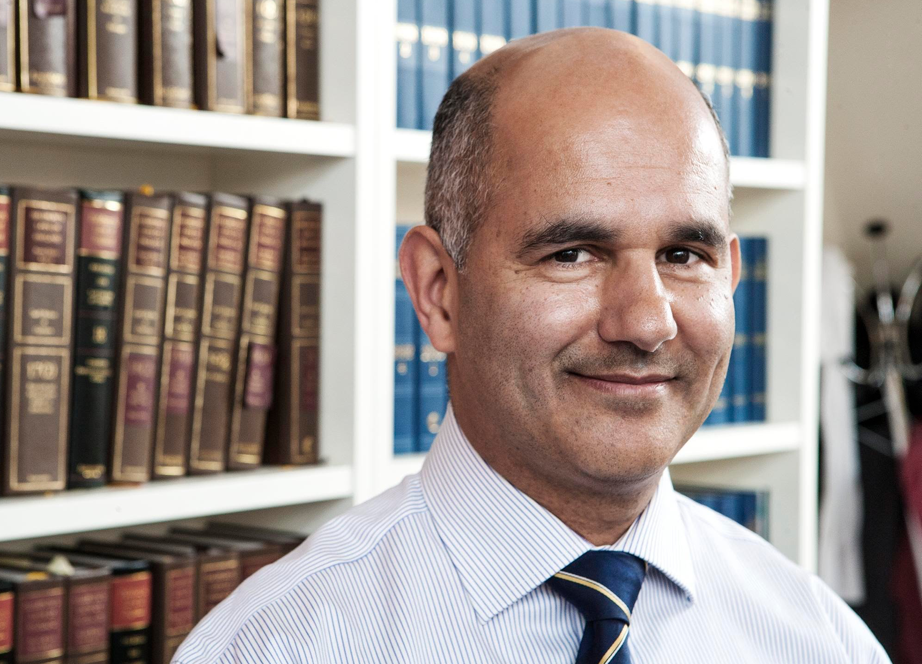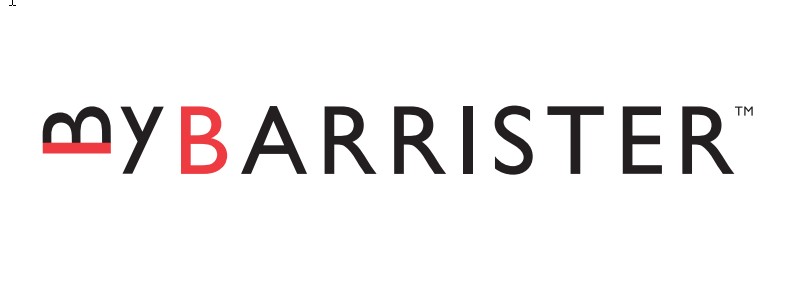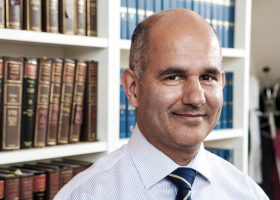Don’t Drink and Drive.... but if you do and are caught there might be some possible ways out

Barrister Sunil Rupasinha offers some useful tips for those charged with drink-driving
What are the penalties for Drinking and Driving?
If you are convicted of drinking and driving the penalties can be severe. Depending upon the concentration of alcohol found to be in your breath, blood or urine, you can be sent to prison for up to 6 months or ordered to undertake a community penalty such as community service or ordered to pay a fine (with no maximum set). Coupled with the above penalties will be a mandatory driving ban of at least 12 months. The length of the ban could, of course, be much longer than the minimum 1 year (such short bans are usually reserved for those found to be only just above the drink drive limit) and could be as long as several years. You may also have to pay costs as well as, what is termed, a ‘victim surcharge’. If all of that weren’t enough, you also lose your ‘good character’ (a lawyer’s term for those who do not have criminal convictions).
It can’t get any worse, can it?
Yes, it can. In my experience, drink drive cases are often linked to accidents or other factors which aggravate the offence still further (which in themselves can lead to the involvement of the police). The police have the power to prosecute for multiple offences arising out of the same incident. Even if the police only prosecute for drink driving the fact that there was, for example, a collision can act as an aggravating factor for sentencing purposes. In other words, the sentence is likely to be even more severe depending on the extent of the aggravating factors.
It can’t get any worse, can it?
Yes, it can. The consequences of a drink drive conviction, for all those whose jobs are dependent on their driving licences, is loss of job. This, in turn, can result in loss of home (if mortgage payments can’t be met) and relationship difficulties and so on. For some, such as those in high end professions or who are in positions of trust, the fact of such a conviction can lead to a disciplinary hearing the attendant consequences of which can be devastating. For example, I have recently had several clients who advised me that they might lose their jobs depending on how the court sentenced them. (These clients did not require their licences as a condition of their employment, but, they nevertheless faced disciplinary hearings which could have led to loss of job, for example, if they had been sentenced to community penalties instead of by way of fines).
Can anything be done to mitigate the penalties?
Yes, it can. I find that in all cases there is some mitigation relating to the offence or to the Defendant’s background circumstances (usually both). The range and variety of mitigation is infinite and varies from case to case. It is necessary to sift through the individual circumstances of each case to assess what is worth putting forward and what is not. Often I advise my clients to obtain support for the mitigation, in one or more respects, in advance of the hearing. At the hearing, adopting the correct approach both to the prosecutor and the court, combined with presenting the mitigation to best effect, always softens the penalty. This can prove to be the difference between a prison sentence and a community penalty or between a community penalty and a fine. The length of the ban can also sometimes be reduced. Therefore, it is not a case of ‘all those who enter here lose all hope’ (as so much can still be done) but it is so much better just to avoid drinking and driving in the first place!
Sunil Rupasinha - Motoring Barrister @ 

